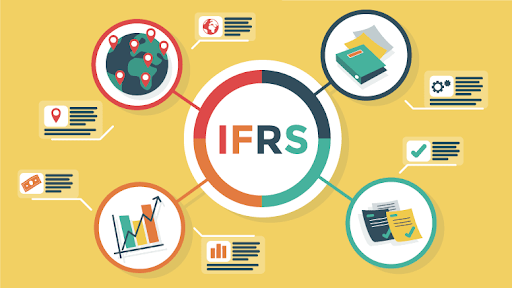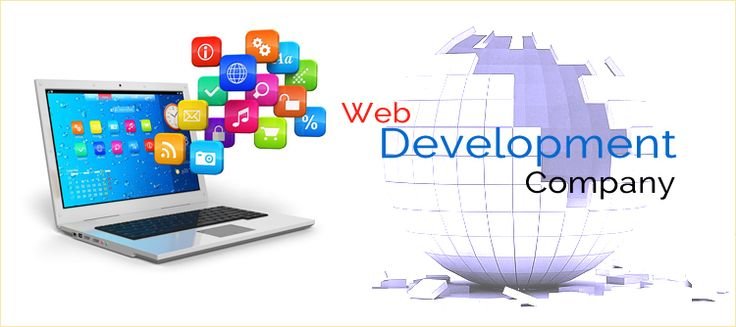The Future of Reporting: How IFRS S1 and S2 are Reshaping Corporate Narratives
Financial reporting has undergone significant transformations in recent years, driven by changing regulatory environments, stakeholder expectations, and the need for transparency. The introduction of IFRS S1 and S2 by the International Financial Reporting Standards (IFRS) Foundation marks a pivotal moment in this evolution. These standards enhance corporate reporting, focusing on sustainability and long-term value creation. This article explores how IFRS S1 and S2 reshape corporate narratives, offering a forward-looking perspective on their implications for businesses, investors, and stakeholders.
Understanding IFRS S1 and S2
IFRS S1 addresses general sustainability-related disclosure requirements, and IFRS S2, focusing specifically on climate-related disclosures, provides a framework for companies to report on their sustainability practices. These standards aim to create consistency and comparability in sustainability reporting, allowing stakeholders to make informed decisions based on reliable data. By integrating sustainability into the financial reporting framework, IFRS S1 and S2 encourage businesses to consider their environmental, social, and governance (ESG) impacts.
Enhancing Transparency and Accountability
One of the primary goals of IFRS S1 and S2 is to enhance transparency and accountability in corporate reporting. By requiring companies to disclose relevant sustainability information, these standards promote a more comprehensive view of a company’s performance. This shift enables stakeholders, including investors, regulators, and the public, to assess a company’s long-term viability and commitment to sustainable practices.
For instance, the climate crisis being a pressing global concern, IFRS S2 compels companies to disclose their exposure to climate-related risks and opportunities. This level of disclosure helps investors understand how companies plan to navigate potential disruptions from climate change, thereby fostering a more sustainable investment landscape.
Shifting Corporate Narratives
Adopting IFRS S1 and S2 is not just about compliance; it represents a fundamental shift in corporate narratives. Companies are now encouraged to move beyond traditional financial metrics and embrace a broader narrative incorporating sustainability into their business strategy. This transformation can lead to more holistic reporting, where companies highlight their economic performance and contributions to society and the environment.
By adopting these standards, organizations can communicate their sustainability initiatives more effectively, showcasing their commitment to responsible business practices. For example, companies might report on their efforts to reduce carbon emissions, improve resource efficiency, and engage with local communities, thereby painting a more comprehensive picture of their operations.
Building Stakeholder Trust
In an era where consumers and investors are increasingly concerned about corporate ethics and sustainability, IFRS S1 and S2 can be crucial in building trust. Companies can demonstrate their commitment to transparency and accountability by providing standardized reporting on sustainability metrics. This, in turn, can enhance their reputation and foster loyalty among customers and investors.
Moreover, stakeholders are more likely to support companies that align with their values. IFRS S1 and S2 encourage businesses to adopt sustainable practices and report on their progress, contributing to the development of a corporate culture that prioritizes long-term value creation over short-term gains. This cultural shift can lead to more sustainable business practices and improved stakeholder relationships.
The Role of Technology in Reporting
The integration of IFRS S1 and S2 into corporate reporting also underscores the importance of technology in enhancing data collection and reporting processes. Businesses can leverage advanced analytics, artificial intelligence, and data visualization tools to streamline their reporting efforts. These technologies enable companies to gather, analyze, and present sustainability data more effectively, ensuring compliance with IFRS standards while enhancing the quality of their disclosures.
Furthermore, technology can facilitate real-time reporting, allowing companies to provide stakeholders with up-to-date information on their sustainability efforts. This dynamic approach to reporting can help organizations respond to stakeholder inquiries promptly and adapt to emerging sustainability challenges.
Challenges and Considerations
While adopting IFRS S1 and S2 offers numerous benefits, companies may face challenges implementing these standards. For instance, organizations may need to invest in training and resources to ensure their teams can collect and report the required data. Additionally, aligning existing practices with the new standards may require significant internal processes and systems changes.
Despite these challenges, the long-term benefits of adopting IFRS S1 and S2 far outweigh the initial hurdles. By embracing these standards, companies can position themselves as leaders in sustainability, attracting investors and customers who prioritize responsible business practices.
Conclusion
IFRS S1 and S2 are set to reshape corporate narratives by embedding sustainability into the core of financial reporting. Organizations adopting these standards will enhance transparency, build stakeholder trust, and ultimately contribute to a more sustainable future. In a world where sustainability is no longer optional but necessary, implementing IFRS S1 and S2 is a crucial step toward achieving long-term success in the corporate landscape.
By embracing this new reporting framework, companies can comply with regulations and become agents of positive change, demonstrating their commitment to creating a sustainable and equitable world.





